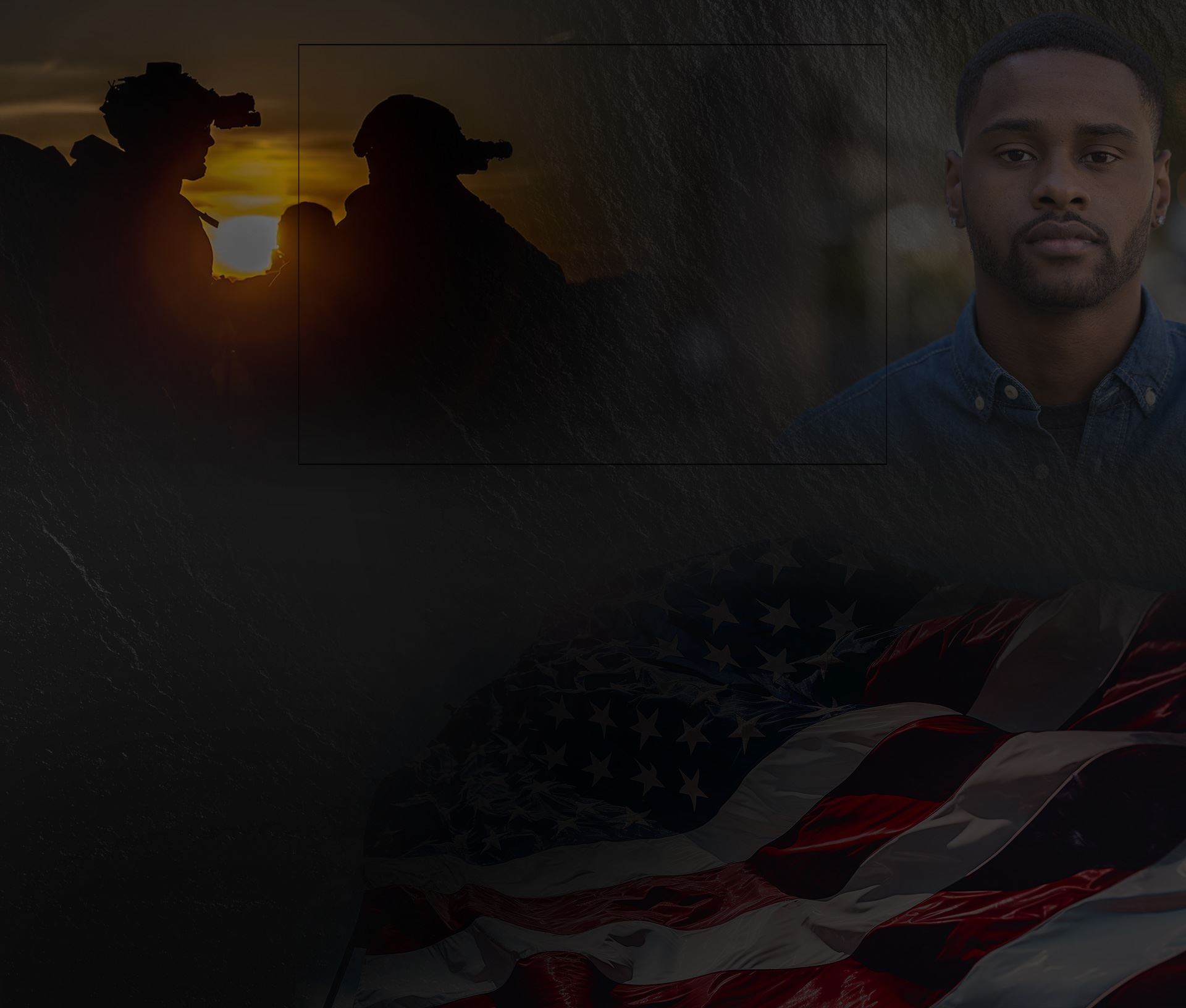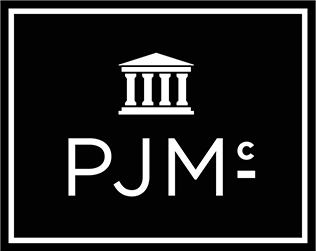Serving in the military requires you to follow a lot of rules; being on time for everything and wearing the correct clothes at the correct time are just the beginning. Many parents have been delighted when their son or daughter who left home for basic training as a rebellious teenager comes back as a responsible, punctual, rule-following adult. Especially when you are an active-duty military, you still have some free time. You are allowed to leave the military base at certain times, and when you are away from the base, you must follow not only the laws of the jurisdiction where you are spending your time off base but also the Uniform Code of Military Justice (UCMJ). You are allowed to leave the military base at certain times, and when you are away from the base, you must follow not only the laws of the jurisdiction where you are spending your time off base but also the Uniform Code of Military Justice (UCMJ). Most crimes allegedly committed by active-duty military personnel are prosecuted in military courts, which are federal courts, so if you are facing such charges hiring a civilian criminal defense attorney with military experience will help protect your future.

When Local Laws Allow What the UCMJ Forbids
Military personnel get used to abiding by a strict code of personal conduct, even while they are off base. You can still face disciplinary action in the military by committing violations of the UCMJ, even if you are off base at the time of the infraction and the action is legal in the jurisdiction where the infraction occurred. For example, adultery is against the rules of the UCMJ, so if a married soldier spends a romantic weekend in San Diego with his girlfriend, he could be in trouble.
Most violations of the UCMJ are also crimes in most states. In the case of most offenses, you will be subject to court-martial rather than civilian court if you are accused of a crime when you were not on the base, whether it is sexual assault, drug possession, wire fraud, or almost any other crime.
You Have the Right to Representation by a Civilian Defense Lawyer
Military courts are federal courts, and military defendants have the same rights as any other defendants who are being accused of crimes in federal court. This means that you have the right to hire a criminal defense lawyer to represent you. Any lawyer who can represent defendants in a federal court can represent military defendants in a court-martial. It is best, however, to hire a defense lawyer with military experience, preferably one who served in the military himself or herself in addition to representing military defendants. Patrick J. McLain has worked as a military judge in addition to representing military and civilian defendants in criminal court.





